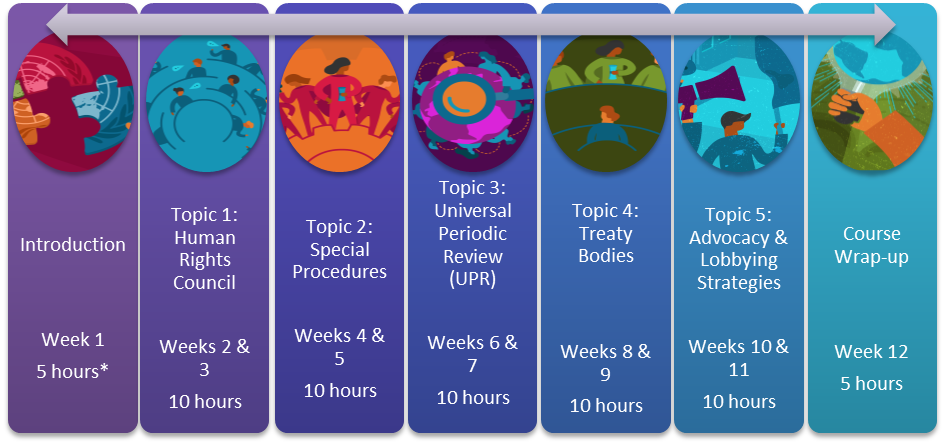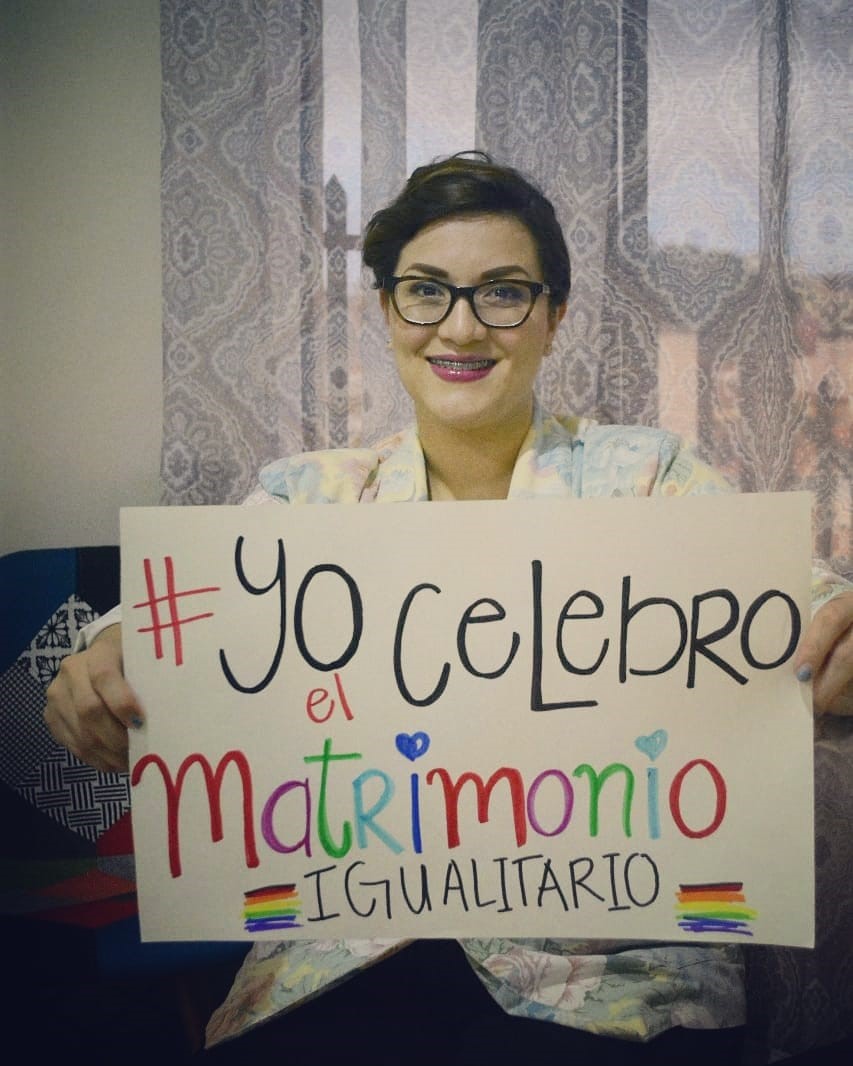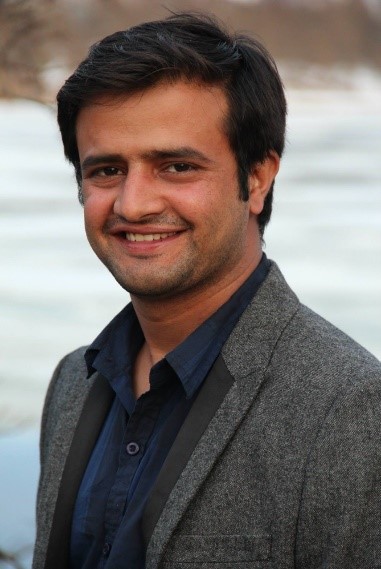
Supporting Defenders | Building skills & solidarity – Human Rights Defender Advocacy Programme 2020
Over twelve intense weeks, 19 dedicated human rights defenders took part in ISHR’s first ever remote, online Human Rights Defenders Advocacy Programme (HRDAP). The activists developed their knowledge and skills through online learning and remote coaching and advocacy support, and became part of a global community of defenders.
After an intensive but inspiring summer, 19 defenders from more than 16 countries connected online in order to develop the knowledge and skills they need to make strategic use of the international human rights system.
“The defenders’ commitment to their work, which ranges from the defense of women’s rights, rights of LGBTI people, refugee and migrant rights, human rights and environmental protection, and the defense and protection of human rights in restrictive contexts, remained unwavering despite additional challenges and human rights crises related to the global pandemic. This and their commitment to pursue their work in the international sphere, through their participation in HRDAP, was very inspiring”, says ISHR’s Training and Advocacy Support Manager Hannah Sobocinski.
Over the course of the programme, which took place from 2 June to 21 August 2020, the defenders, who come from the Asia region, Belize, Botswana, Brazil, Costa Rica, Egypt, Hungary, India, Liberia, Mexico, Myanmar, Nepal, Sri Lanka, Tanzania, Ukraine and Zimbabwe:
-
Completed a brand new distance learning course, which included completing ISHR Academy modules (such as the Human Rights Council, Special Procedures and Treaty Bodies) and gaining knowledge from other tools and resources
-
Listened to pre-recorded webinars at their own pace, on topics such as the Human Rights Council, the Special Procedures, the Universal Periodic Review, the Treaty Bodies, Advocacy and Lobbying Strategies, Reprisals, and more and attended live Q&A sessions with experts on topics related to civil society engagement with UN human rights mechanisms.
-
Received tailored and continuous advocacy support and accompaniment, which included receiving individual support from ISHR’s Training and Advocacy Support Manager, individual and group coaching sessions with a dedicated ISHR “coach”, and regular feedback and coaching on individual assignments submitted by the defenders to help them develop concrete advocacy objectives as a part of a Theory of Change.
-
Became part of a global community of human rights defenders, fostered by exchanging views and experiences on forum discussions (hosted on the platform Blackboard CourseSites) and live sessions (hosted through the secure videoconferencing tool Jitsi Meet), working together in group work exercises and exchanging messages through a shared instant messaging group on Signal.
A total of 13 defenders participated intensively throughout HRDAP, with the remaining activists prioritising certain elements of the course, such as completing the pre-recorded webinars in their own time and attending coaching sessions.
Hear from some of the HRDAP20 defenders on the highlights of the course:
-
“For me, the most valuable aspects were the coaching sessions, where I could discuss more on how to implement the content of the course in my specific advocacy strategies.”
-
”Being able to engage with UN experts and get to know other HRDs.” Participants were able to exchange views and ask questions to staff from Human Rights Watch, UPR-Info, to the former Advisor to the Special Rapporteur on the situation of human rights defenders, members of TB-Net and Treaty Bodies Committee Members during the live Q&A sessions. ISHR extends many thanks to the panelists for their contributions.
-
“The resources and tools for civil society engagement”
- “It was not just about giving information about the mechanisms, [it] was also the opportunity to create your own advocacy plan, develop your objectives for a Theory of Change, [learn] how to advocate effectively, connect with other Human Rights Defenders, and have a mentor’s guidance and advice”
100% of HRDAP20 participants survey indicated that they were satisfied with the training, with 72% indicating that they were “very satisfied”. 100% indicated that they feel equipped to engage effectively with the UN human rights system, and 100% feel equipped to implement their advocacy strategies.
Find out more about what advocacy strategies two HRDAP20 defenders will implement following their participation in ISHR’s Human Rights Defenders Advocacy Programme:

Daniella, LGBTI rights defender, Costa Rica
Daniella (she/her) defends and promotes the rights of intersex and transgender people in Costa Rica, and worked with the civil society organisation MULABI on the promotion of the rights of LGBTI people.
After completing HRDAP, Daniella’s main goal is to advocate for the adoption of protocols for intersex children in hospitals and in the public system to protect intersex people from discrimination and invasive surgery without consent. She plans to identify Universal Periodic Review (UPR) recommendations related to intersex issues and engage with Costa Rica’s UPR process; engage with treaty bodies to increase the visibility and protection of intersex people; develop campaigns through national, regional and international coalitions and advocate with different UN agencies in Costa Rica, Congress and the Ministry of Health.

Barun, human rights lawyer & activist for migrant rights, Nepal
Barun (he/him) is a human rights lawyer based in Kathmandu and leads the NGO Law and Policy Forum for Social Justice.
After completing HRDAP, Barun’s main objective is to improve national legislation specific to the protection of migrant workers in their countries of origin. He intends to advocate for the publication of a technical note from the Office of the High Commissioner for Human Rights on the need for an appropriate legislative framework in Nepal to protect the rights of migrant workers; conduct advocacy to push for the implementation of recommendations made following the country visit of the Special Rapporteur on the human rights of migrants, and for the publication of a communication from the Special Rapporteur on this issue. He also intends to help establish a “model law” on the rights of migrant workers.
The 19 defenders continue to carry out their essential work to defend and protect human rights in their countries, using their new knowledge and skills. The ISHR team, thanks to our generous donors, will continue to provide advocacy support and accompaniment to HRDAP20 participants, and look forward to working with the defenders through the ISHR Alumni Network and further joint advocacy and campaigns.
Image credits, in sequence of appearance: ISHR, ISHR, Daniella Solano Morales, Barun Ghimire
